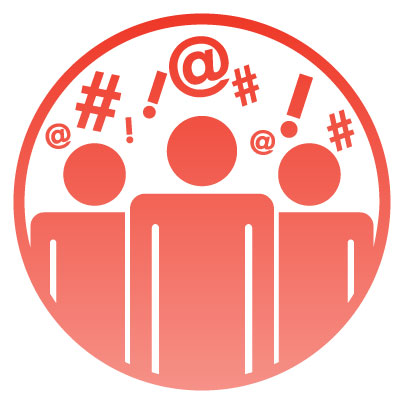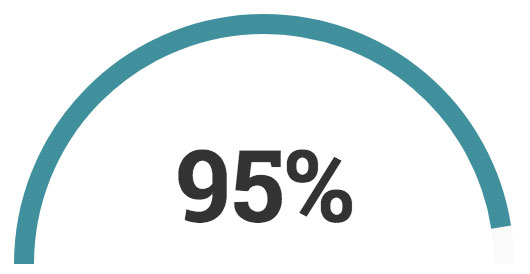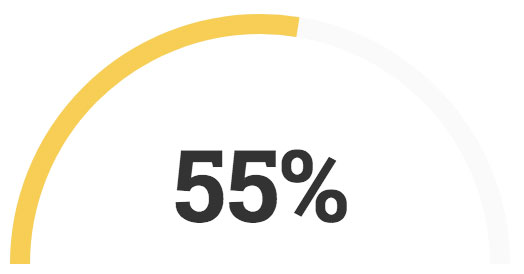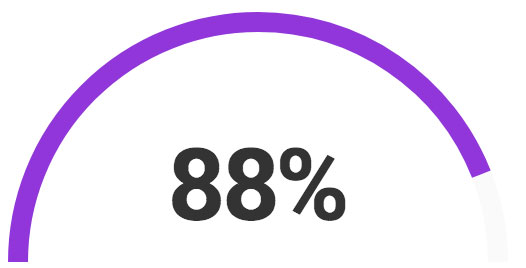
How to Properly Tell Candidates They Didn’t Get the Job

Ms. Pomerantz is the CEO of TPG HR Services USA and has over 35 years of Human Resources practices experience. She holds a Master’s in Human Resource Management (MHRM) and is a certified Senior Professional in Human Resources (SPHR) and SHRM Senior Certified Professional (SHRM-SCP). Mary also serves as CEO of Mary Pomerantz Advertising, one of the largest recruitment advertising agencies in the country. Earlier in her career, she was president of the 17th largest staffing firm in the country.

Rejecting a job candidate and sending out a job candidate rejection letter is not something HR professionals look forward to having to do. Many HR professionals, recruiters, and hiring managers actually say they hate having to do it. While it is common for companies to email an applicant the job candidate rejection letter, writing a one-sentence rejection email will rarely make an applicant feel positive about your company.
The Fine Art of HR Etiquette
With all of the things you have to do, communicating with job applicants throughout the hiring process may seem like an unnecessary burden. However, maintaining communication with applicants will leave them feeling better about their experience with you, which will enhance your employer brand. You want every person possible, including clients, employees, and applicants to have good things to say about their experiences with your company. This article discusses some ways of the ways to make the candidate rejection process go smoother for all parties involved.

We’ve all been on the other side of the table. The time in between interviewing for a job and hearing anything back from the employer is filled with anxiety. With so many people living paycheck to paycheck and Americans stressed out about work and money, this is a difficult period for most applicants.[1],[2] Any communication during the hiring process, no matter its nature, is important.
Here are some of the potential communication stages during the hiring process:
- Confirmation of application receipt
- Rejection of application
- Explanation of hiring process
- Company information
- Post-interview update
- Candidate rejection
- Job offer
Composing and Communicating your Job Candidate Rejection Letter
Naturally, HR professionals and others who make hiring decisions are in a tough position because there are only so many jobs to give out and many applicants to choose from. Here are some tips when sending out a job candidate rejection letter that my help applicants feel a little better about your company following their rejection.


Send a Personal Email: Rather than sending out a cookie-cutter email out to every candidate you screened for the position, send out a personal email to a select few candidates. The mass automated email approach works well with unqualified applicants, but candidates who advanced far into your interview phase would appreciate a more personal touch.

Don’t Procrastinate: You may not be looking forward to telling a person that she did not get the job, but putting it off is unprofessional and inconsiderate. The faster you let an applicant know that she has been removed from consideration for a position, the faster she can move on with her job search.

Be Honest: When talking to applicants who did not get the job, it would be helpful if you briefly explained why you chose a different candidate. It could be as simple as another candidate having more experience, being more qualified or having salary requirements that matched your budget. This will allow the candidate to know where she can improve for future opportunities.

Don’t Engage: In some instances, an applicant may feel spurned and get combative when you tell him or her that you’ve selected another candidate. Don’t engage in any back-and-forth arguments as they will only worsen the situation. If an applicant is not going to be professional and respectful of your attempt to explain your hiring decision, end the conversation immediately.

Keep Resumes on File: Informing an applicant who did not get the job that you will hold on to her resume for future consideration is a nice consolation prize. It will let her know that although she did not get the job, she made enough of an impression to be considered for potential job openings down the line. Of course, you should only say this if you mean it.

Keep Communication Short: There’s no need to draw out what should be a 3-5 minute interaction into anything more. Quickly tell the applicant that he or she did not get the job, explain why, answer any relevant questions and then end the conversation. Do not linger.

Encourage Them to Keep in Touch and Wish Them Luck: You want to leave applicants with good thoughts about your company. Letting them know that you want them to keep applying and wishing them luck going forward could be just the type of motivation a person needs after being turned down for a position.
The Benefits of Providing a Positive Candidate Experience
According to recent research, ensuring that job candidates have a positive experience during the hiring process (even when they don’t get the job) has a number of positive benefits to the hiring company over the long term. The first of these benefits is that individuals who had a positive candidate experience during the hiring process are much more likely to apply to another open position at your company in the future. This means that you can get a “second crack” at talented candidates who “just missed the cut” for the initial recruited position when you have another opening down the road. These candidates also have a much higher likelihood of referring other candidates to your company for future positions if their candidate experience was positive – as well as posting on social media about their positive experience with your company’s hiring process. Outside of the impact on future recruiting efforts, candidates with a positive recruitment experience are also more likely to increase their purchases from the company in question, as their positive feelings toward the business influence their spending habits. The pie charts below illustrate just how significant this positive impact can be in all of these areas:




Source: [3] TalentLyft
The Difficult Position of HR Professionals
Recruiting, interviewing, hiring, and communicating with employees and applicants are among the primary duties of human resources professionals.[4] Unfortunately, this means that your HR team will likely be the bearer of bad news on more occasions than they’d prefer. Having an established procedure in place will make this easier.
Very few people enjoy delivering bad news and no one looks forward to sending out a job candidate rejection letter to any applicant. Human resources professionals are also aware that many applicants usually have financial obligations riding on the decision if they get the job or not. This in turn adds to the difficulty of breaking the bad news to the rejected applicant. Still, most applicants will appreciate your professionalism and courtesy, and it will reflect well on your company as a whole.

How TPG HR Services Can Help
Whether your company is a small business without a dedicated HR department or a larger business whose HR team is focused on other mission-critical HR responsibilities, TPG HR Services has the experience and expertise to quickly step in and handle any aspect of your talent acquisition needs – including the unpleasant task of informing job candidates that they didn’t get the job for which they applied. Our staff of HR professionals can interact with your team in whatever fashion works best for you, dividing up tasks and responsibilities in such a way as to maximize the efficiency and effectiveness of the entire recruitment process. From our extensive experience, we know how important it is to clearly and professionally communicate with candidates throughout the recruitment process – including notifying them when they have been dropped from consideration for an open position.
Building Your Employer Brand
Our team of HR professionals knows that every step of the recruitment process (even notifying non-hires of their status) serves as a building block of your employer brand with job candidates. When applicants feel that they were treated fairly and with respect, even if they do not “land the position” with your organization, they are much more likely to form a positive impression of your business. This positive impression can lead them to apply again for a future position for which they might be the perfect fit or to persuade others to apply for additional positions with your organization.

Likewise, a negative impression formed during the hiring process can sometimes “poison the well” with not only the individual involved but potentially with their social network of contacts too. The prevalence of social media sites, including those where applicants can leave reviews of their recruitment experience with a company, greatly amplifies the employer brand building (or destroying) impact of an applicant’s perception of the recruitment process at your company. It pays to do everything you can to make this experience as positive as it can be, especially for those you did not hire and received a job candidate rejection letter from your company.
TPG HR Services is an NJ-based company working with businesses across the nation. We handle the employment decisions of dozens of companies every day and offer recruitment and HR services to clients who either do not have a dedicated HR team or need assistance in their established departments. Contact us at 732-917-6000 to learn how we can help your business.
